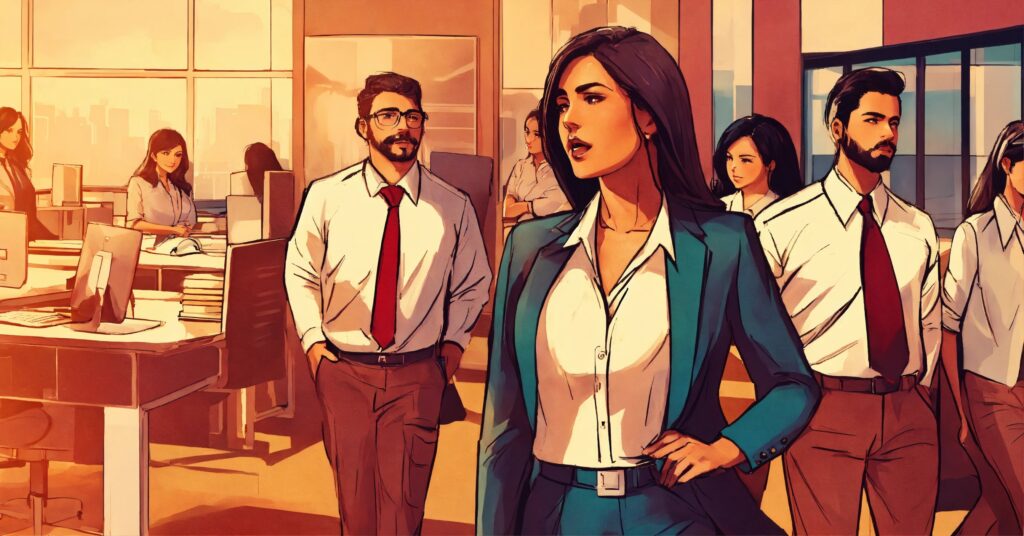MAY 2, 2024
We are undoubtedly witnessing the twilight of an era defined by explosive growth in entrepreneurship. Since the dotcom boom and the popularization of shows like Shark Tank, The Apprentice, and Dragons’ Den—programs I’ve been a part of—a surge of eager individuals has plunged into the exhilarating yet challenging world of entrepreneurship.
With over 500 million entrepreneurs and 150 million startups globally, we’re amid an era that has seen unprecedented growth in independent business ventures.
I recall a time when the term “entrepreneur” was unfamiliar to most. During my youth, I proudly identified as one, although many didn’t grasp the concept or its value back then. Today, entrepreneurship has become a household term, with family members of all ages proudly claiming the title.
However, with the emergence of AI, is this narrative on the brink of transformation?
The Hidden Costs of Convenience In my time, being an entrepreneur meant relentless hard work—early mornings, late nights, unwavering dedication. Passion and resilience were the pillars of success.
Now, entrepreneurship appears as simple as tapping buttons on a smartphone app. But what about the hard work? The effort that builds character and fosters success?
Humans are inherently active beings, yet modern conveniences have led us down a sedentary path. This shift has profound implications for our physical and mental well-being.
AI promises convenience and efficiency, yet at what cost to our cognitive abilities and physical health? Can we maintain independence and critical thinking when technology dictates so much of our decision-making?
The Evolution of Entrepreneurship What does it mean to be an entrepreneur in this era of automation? Is pushing a button and relying on automation true entrepreneurship? Perhaps if one has engineered the technology themselves, but what about those who merely utilize it?
As someone immersed in showcasing technological advancements, I’m optimistic about our future. However, we must acknowledge that excessive reliance on technology can impair our emotional processing and decision-making abilities.
While fears of robots taking over jobs abound, I’m more concerned about humans becoming complacent and less resilient in the face of challenges.
We must strive for synergy with technology, nurturing our innate abilities, exercising our minds and bodies, and never losing sight of the value of hard work and perseverance.
Thomas Edison’s words still ring true today: “Genius is 10 percent inspiration and 90 percent perspiration.” Even as machines take on more tasks, our commitment to hard work and innovation remains paramount.

